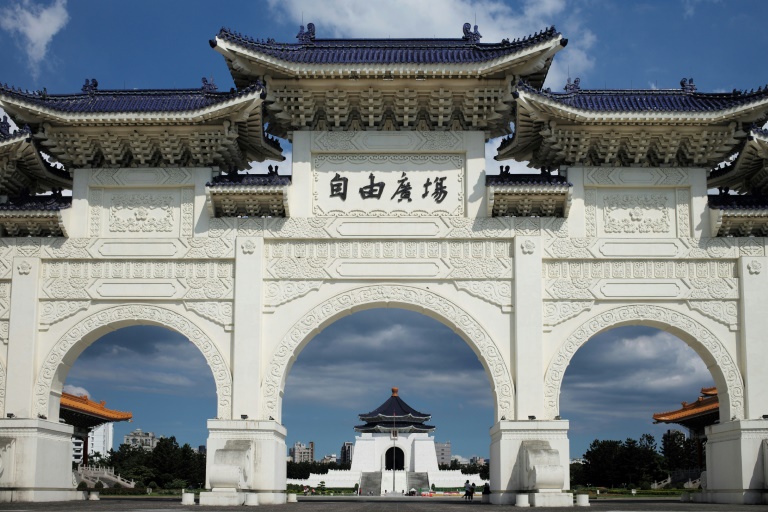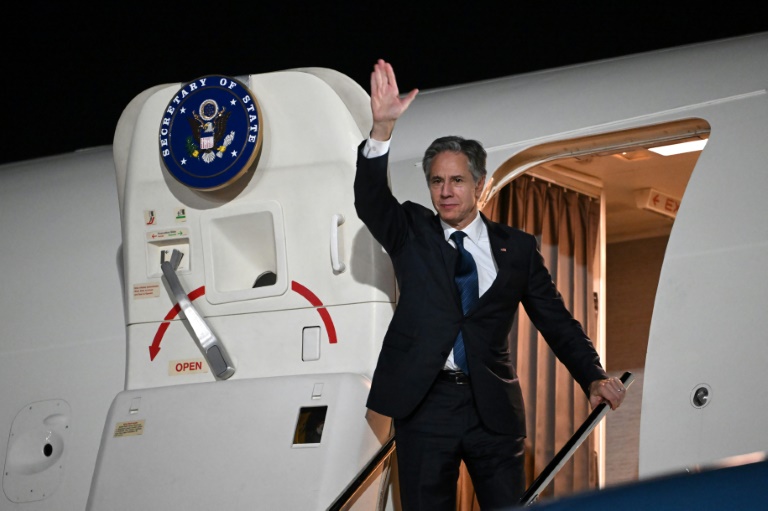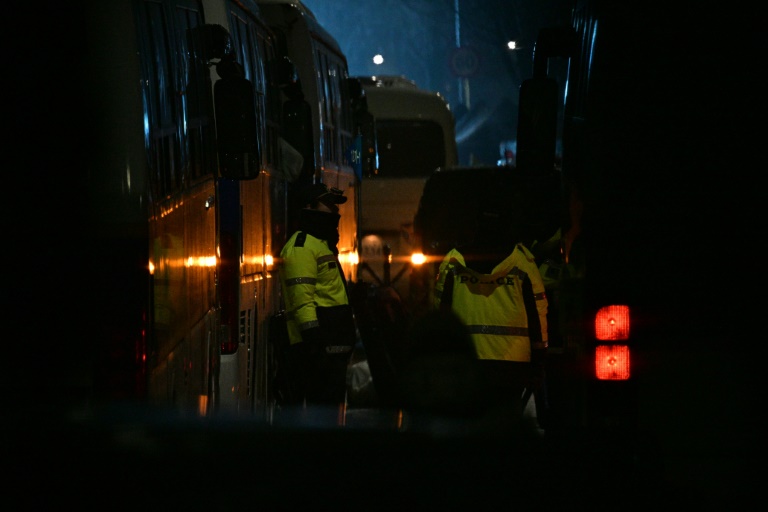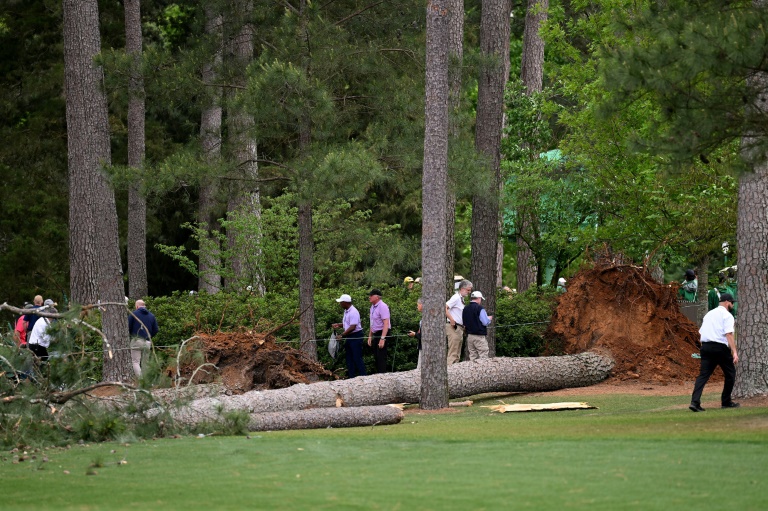AFP
A group of university students practised their dance moves in Taiwan’s Liberty Square Saturday, seemingly unfazed by massive Chinese military exercises around the self-ruled island.
Beijing has termed the three-day drills a “stern warning” to Taiwan over President Tsai Ing-wen’s meeting with US House Speaker Kevin McCarthy, but the show of force is part of life for residents of Taipei.
“Of course I am a bit afraid,” said Hong Xiang-yu, a 23-year-old university student, after dance practice in the popular public square in central Taipei.
“Look, we are at Liberty Square. I hope to stay free, to do whatever I wish and say whatever I want to say.”
The imposing square, flanked by Taipei’s grand National Theater and National Concert Hall buildings, has become a site for social gatherings as well as rallies and protests.
Residents regularly gather there and school bands and dance troupes are a common sight.
Students from a high school ceremonial honour guard twirled imitation rifles on Saturday outside a massive memorial for former Taiwanese leader Chiang Kai-shek.
“I think many Taiwanese have gotten used to it by now, the feeling is like, here we go again!” said 16-year-old Jim Tsai.
Chiang, who set up a rival government in Taiwan after his Kuomintang troops lost a civil war to Chinese communists in 1949, is a divisive figure on the island.
Many youths see Chiang as synonymous with the kind of authoritarianism now seen in China, which views Taiwan as part of its own territory.
The former leader oversaw a brutal military regime that exiled, imprisoned and killed thousands of opponents until his death in 1975.
Liberty Square has become a symbol of the everyday practice of social freedom and a reminder of what Taiwan has overcome.
While people there appeared to have grown accustomed to Chinese aggression, they still hold faith that Taiwan will remain free.
“We are concerned, but we need to move on. I believe our government will not let us down,” Hong said.
Taiwan’s flag fluttered in the breeze behind the massive Chinese arches that stand at the square’s entrance.
“They (China) seem to like doing it, circling Taiwan like it’s theirs. I am used to it now,” said Michael Chuang, a 32-year-old construction worker.
He, like many others, remained pragmatic.
“If they invade we can’t escape anyway. We’ll see what the future holds and go from there,” Chuang said.







